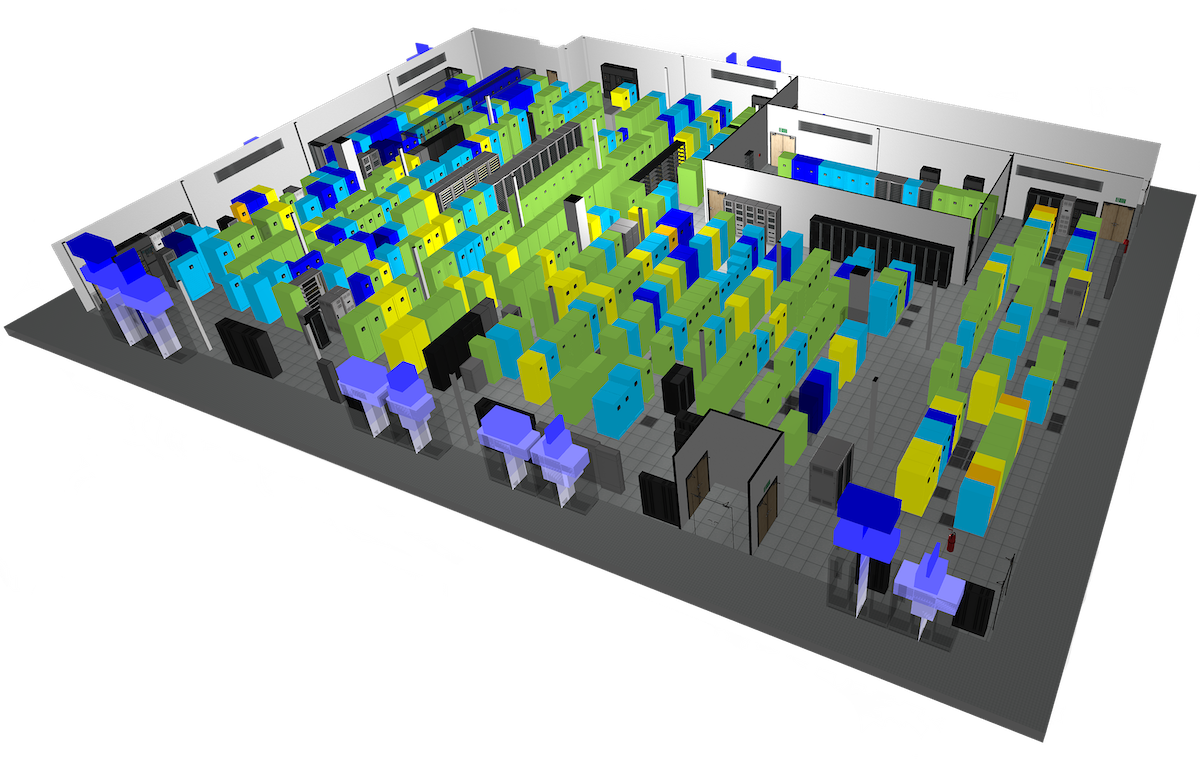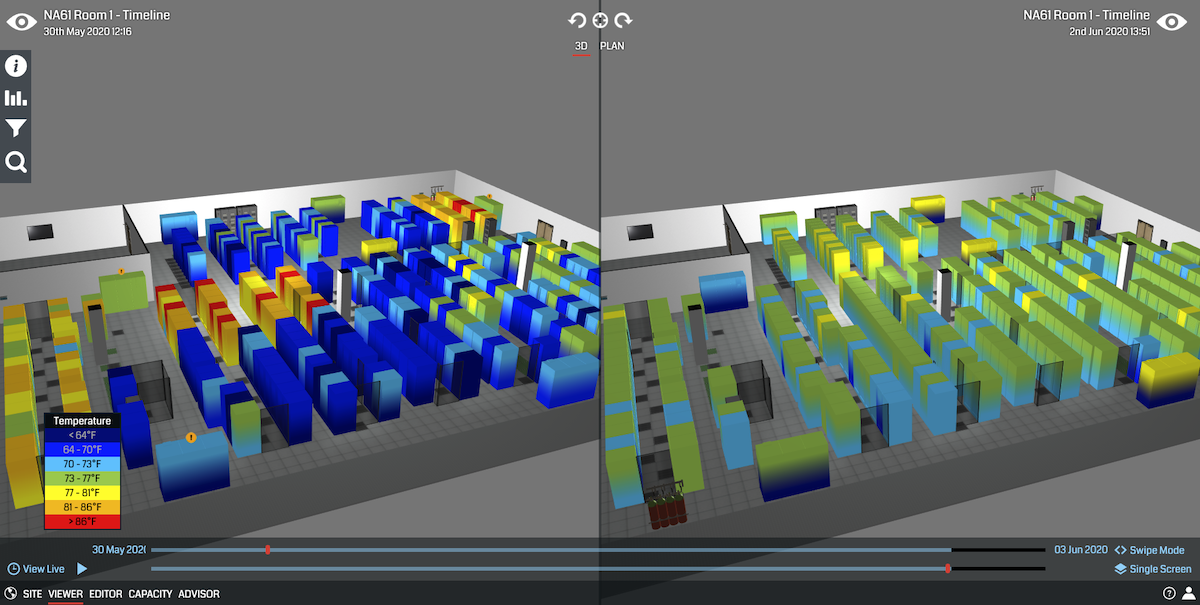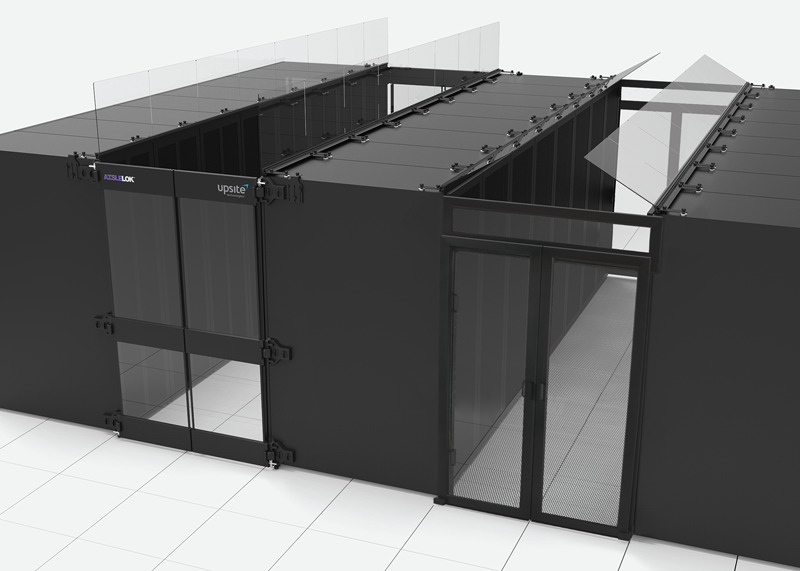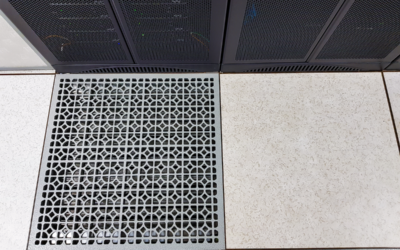Top 10 Data Center Cooling Stories of 202018 min read

With 2020 officially over, we wanted to take a look back at our top stories from the The Upsite Blog. It was a busy year with many things to talk about—everything from discussing how to re-use data center heat energy to exploring the impacts of the COVID-19 pandemic on our industry. We shared a lot of content that we hope you not only enjoyed reading, but also found useful. Here are the top 10 articles that data center professionals like you shared the most in 2020:
1. Top Data Center Trends and Predictions to Watch for in 2020
By Upsite Technologies

2. Data Centers Are More Than Blinking Lights and Big Buildings
By Bill Kleyman

3. Data Center Heat Energy Re-Use Part 1: Ship the Hot Air Next Door
By Ian Seaton

4. Utilizing AI to Understand and Visualize Airflow Management and Optimize Data Center Cooling
By Lars Strong

5. How to Structure Your Data Center Risk Management Plan
By Devin Partida

6. Introduction to International Data Center Standards – Part 1
By Mark Acton

7. 7 Airflow Management Considerations in Building a New Data Center
By Ian Seaton

8. What You Need to Know About Room Airflow Management
By Lars Strong

9. Data Center 2020: Jobs, Connectivity, and Hyperscale – Key Updates from the Latest AFCOM Report
By Bill Kleyman

10. What You Need to Know About Row Airflow Management
By Lars Strong
To put it simply, managing airflow at the Row level refers to improving cold aisle and hot aisle separation, and is typically done once you’ve made improvements at the Rack level (e.g. blanking panels) and Raised Floor level (e.g. brush grommets).
The industry's easiest to install containment!
AisleLok® solutions are designed to enhance airflow management,
improve cooling efficiency and reduce energy costs.
The industry's easiest to install containment!
AisleLok® solutions are designed to enhance airflow management,
improve cooling efficiency and reduce energy costs.








0 Comments